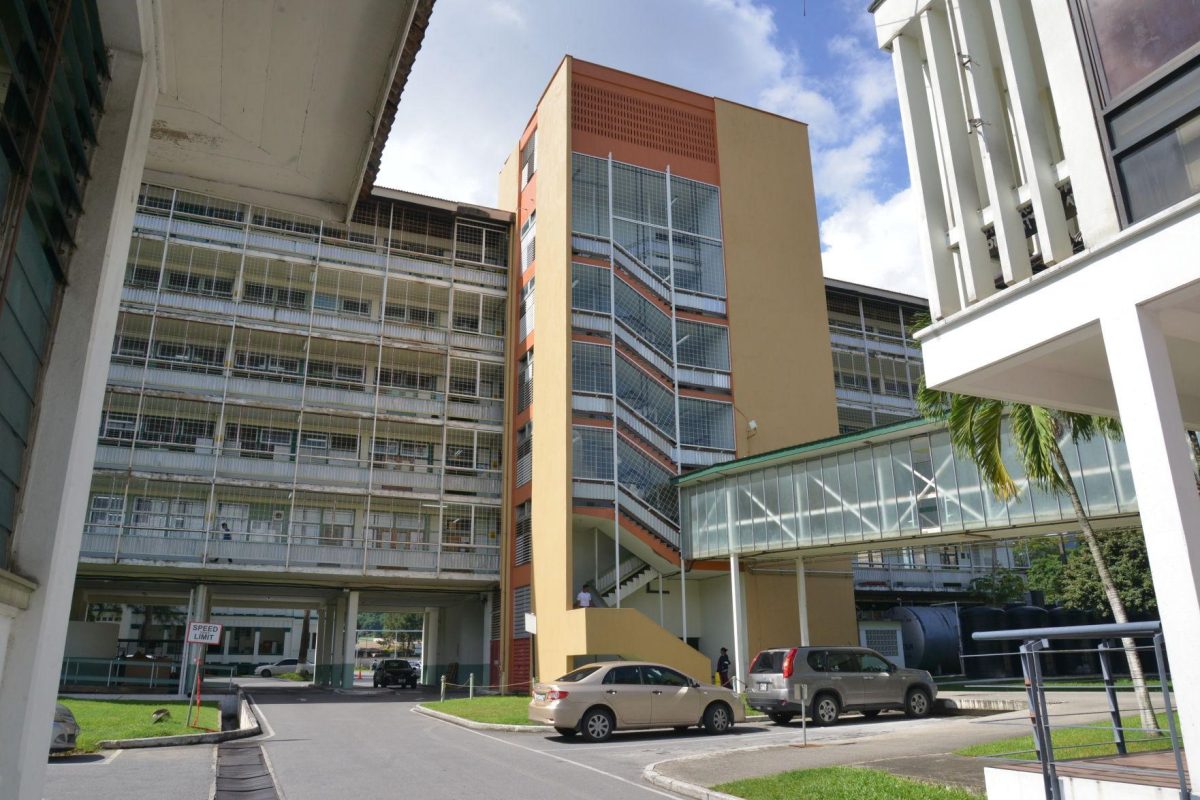(Trinidad Express) Nineteen babies died last year in the Neonatal Intensive Care Unit (NICU) at the North-West Regional Health Authority (NWRHA).
This from the NWRHA yesterday, as it defended the care delivered by doctors and nurses working on the ward.
This means there was a neonatal mortality rate of eight per 1,000 live births in 2023.
In 2022, the neonatal mortality rate was slightly lower—6.2 per 1,000 live births, the NWRHA said in a statement.
This figure was compared the 2021 neonatal mortality rates in several Caribbean countries:
• Barbados—
eight per 1,000 live births
• Suriname—
11 per 1,000 live births
. Jamaica—
ten per 1,000 live births
• Guyana—
17 per 1,000 live births
“The NWRHA is deeply committed to adhering to established standards of care endorsed by international bodies and we continually strive to enhance care to meet the evolving needs of our Trinidad and Tobago,” the release stated.
The NWRHA further stated that in 2023 there were 2,169 live births across the entire NWRHA.
Of that number, 403 or 19% were admitted to the NICU.
It stated that 43% of the admissions were babies weighing less than 2,500 grammes (5.5 pounds), while 21% were less than 1,500 grammes (3.3 pounds).
“Of those admitted to the NICU, sadly 19 passed away resulting in a neonatal mortality rate of eight per 1000 live births,” it stated.
The NWRHA was responding to the national outcry following the disclosure that seven babies had died at Port of Spain General Hospital NICU, from bacterial infections.
The NWRHA said four other babies who died at the NICU were not connected to the bacterial outbreak earlier this month.
Pre-action protocol letters have been filed on behalf of 11 parents.
“There has been a lot of speculation and misinformation put into the public domain which, given the legal actions taken by affected parties, we at the NWRHA are not in a position to correct. The NWRHA is constrained from speaking publicly on the specifics of any of the events that occurred at all, and in particular with regard to the cluster of babies who passed away between the 4th and 9th April 2024,” the release stated.
However, the NWRHA stated there was no collapse or breakdown of the healthcare system in Trinidad and Tobago.
It stated the nation’s healthcare facilities were fully functional, including the NICU at the Port of Spain General Hospital, “…and the thousands of healthcare professionals who go out to work night and day to care for the nation’s sick, remain dedicated and professional in carrying out their duties”, it stated.
The root cause of the infant deaths, it stated, was still to be determined. And of equal importance was finding out how and why the deaths occurred and the steps necessary to prevent a recurrence, it stated.
The NWRHA said the issue was the subject of an investigation being conducted by the Pan American Health Organisation (PAHO), at the request of the Ministry of Health, alongside the NWHRA’s own internal investigation.
The NWRHA issued a release on Thursday, stating its board of directors, after a meeting, decided to take action and send the Port of Spain hospital’s lead of the Infection Prevention and Control (IPC) Unit on administrative leave, pending the conclusion of investigations into the demise of the seven neonates at the NICU during the period April 4 to 9.
The IPC lead, Dr Darrel Jones, could not be reached for comment.
The NWRHA yesterday stated its NICU accepted the “smallest and sickest babies from all the Regional Health Authorities”, some smaller than 600 grammes. These babies spent, on average, close to three months in the NICU before being discharged home.
The average admission rate is 33 per month, it stated.
A neonate, it stated, was any baby from birth to 28 days of life.
“In the NICU, the babies receive extra special care and attention to develop, grow and thrive so that they may eventually go home with their parents and have childhoods that are as normal as possible. The smaller and more premature the baby is, the higher the risk of complications such as problems with brain development, cerebral palsy, blindness, chronic lung disease, deafness, infections and even death,” it stated.




